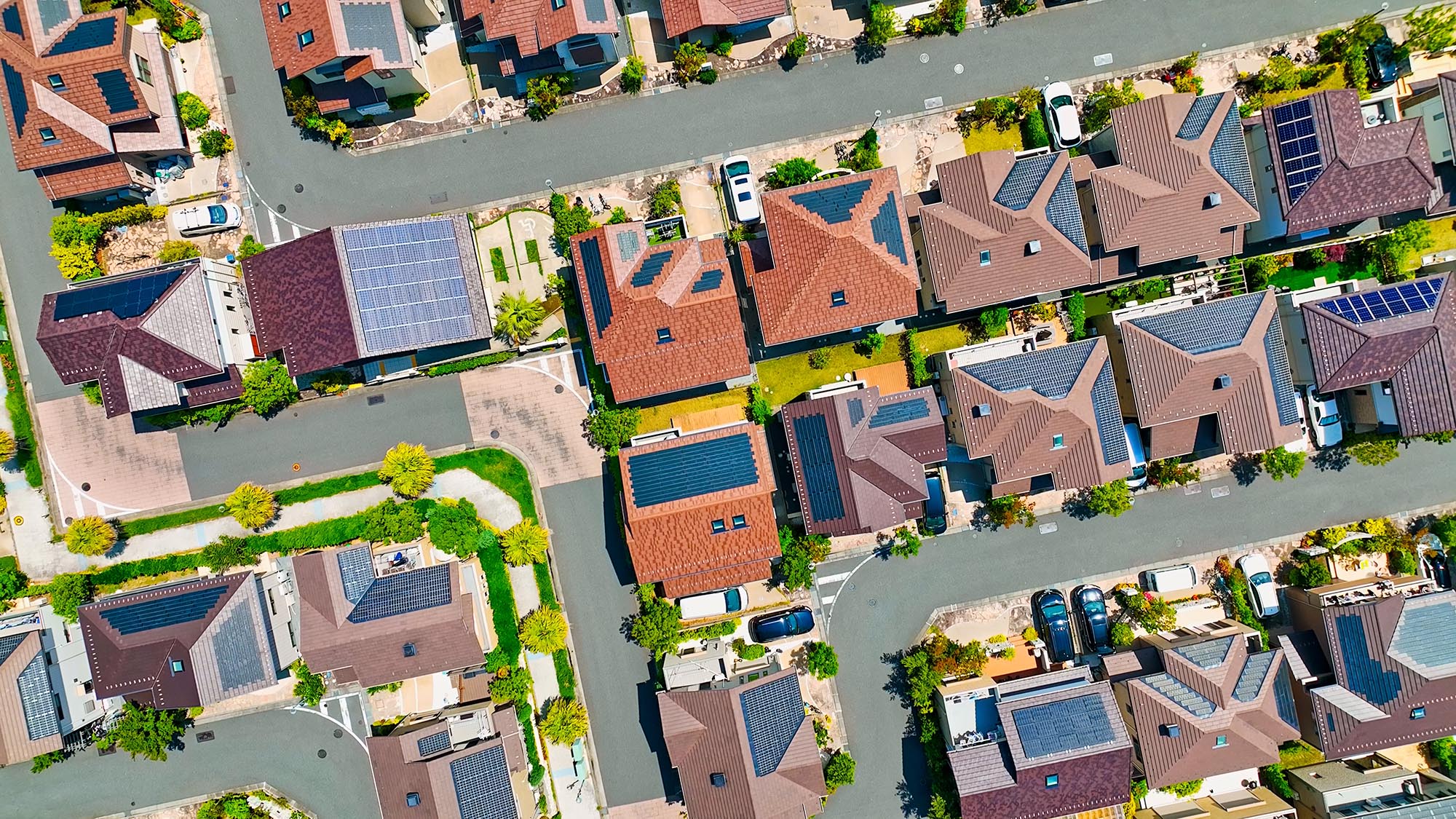In the journey towards a more sustainable future, solar energy emerges as a key player. This form of renewable energy not only aligns with environmental goals but also embodies a lifestyle shift towards sustainability. This article explores the various facets of solar power as a cornerstone of sustainable living.
Personal and Community Benefits
Energy Independence
- Self-Sufficiency: Solar energy offers an opportunity for households and communities to produce their own power, leading to greater self-sufficiency and resilience.
- Energy Security: By reducing dependence on the traditional power grid and fossil fuels, solar power enhances energy security, especially in remote or underserved areas.
Reduced Energy Bills
- Long-Term Financial Savings: Although the initial setup cost for solar panels can be substantial, the long-term savings on electricity bills are significant. These savings are particularly valuable for households looking to reduce recurring expenses.
- Incentives and Rebates: Many regions offer additional financial incentives for solar energy adoption, further reducing the overall cost.
Promoting Green Building Practices
Solar in Home Design
- Integrated Solar Solutions: Modern architecture increasingly incorporates solar panels into building designs. This includes rooftop installations, solar windows, and even solar shingles.
- Maximizing Efficiency: Buildings designed with solar in mind optimize panel placement for maximum sunlight exposure, improving overall efficiency.
LEED Certification
- Eco-Friendly Building Recognition: Buildings with solar installations often qualify for LEED certification, a globally recognized symbol of sustainability.
- Holistic Approach: LEED certification considers various aspects of green building, from energy efficiency to material selection, with solar energy playing a pivotal role.
Educational and Social Aspects
Awareness and Engagement
- Educational Opportunities: The process of installing and maintaining solar panels provides educational opportunities for homeowners and communities, increasing awareness about renewable energy.
- Community Projects: Community solar projects foster a sense of collective responsibility and engagement in sustainable practices.
Promoting a Sustainable Lifestyle
- Behavioral Changes: Adopting solar energy often leads to broader lifestyle changes, as individuals become more conscious of their environmental impact.
- Inspirational Influence: Solar adopters often inspire others in their community to consider renewable energy, creating a ripple effect of sustainability.
Challenges and Considerations
- Accessibility and Affordability: Efforts are needed to make solar technology more accessible and affordable for all socioeconomic groups.
- Technological Advancements: Continued innovation in solar technology and storage solutions will further enhance the feasibility of solar energy in sustainable living.
Solar energy is not merely an alternative energy source; it represents a paradigm shift in how individuals and communities interact with the environment. It is a key component of a sustainable lifestyle, reflecting a commitment to ecological responsibility and a greener future.

